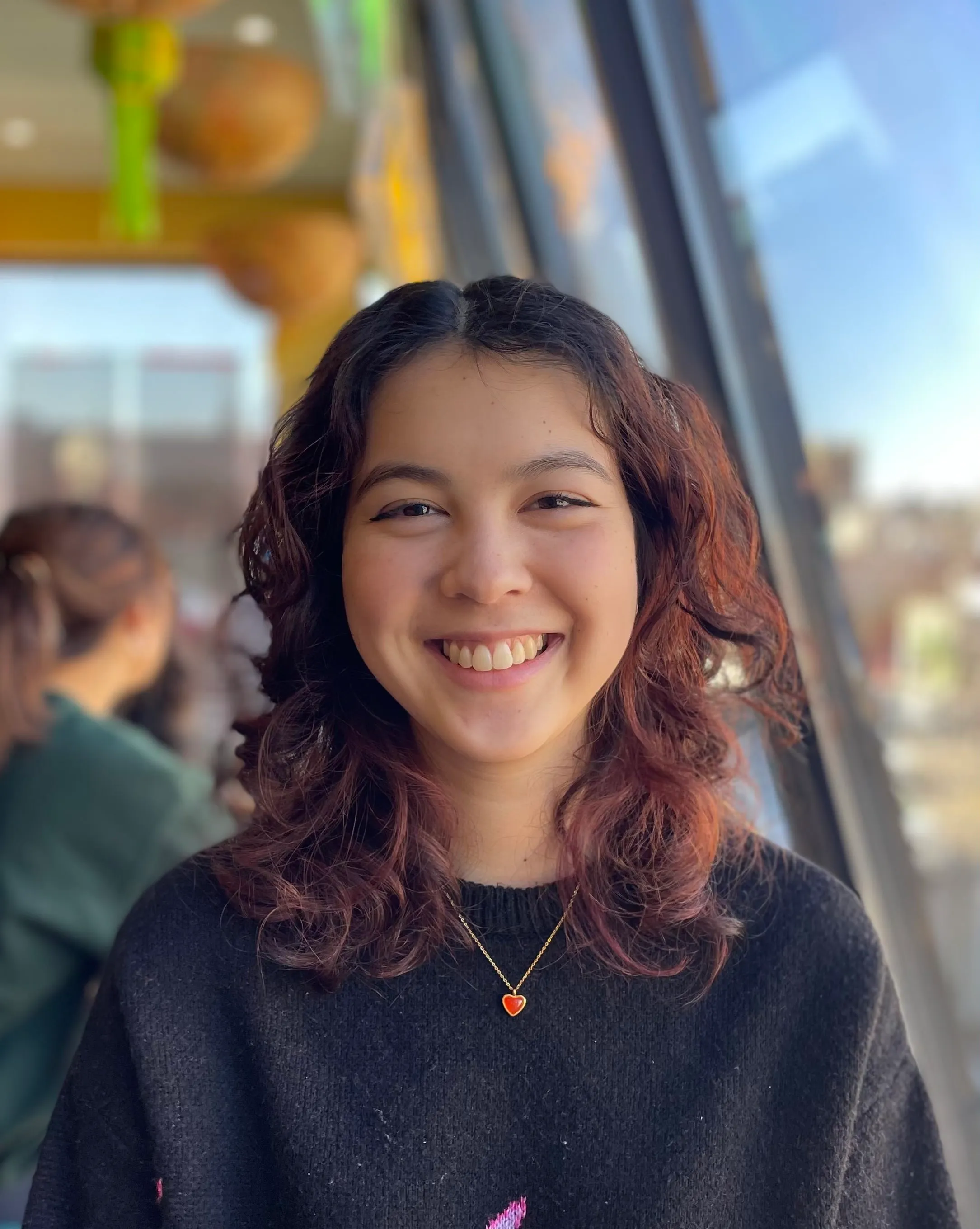As an avid fan of both cooking shows and sushi, I was excited to be invited to the second night of the three-day Reel Taste Film Awards featuring Jiro Dreams of Sushi, hosted by the CIA at Copia. The event celebrated the food documentary’s 15th anniversary and honored David Gelb, its visionary creator, director, and producer.
The CIA at Copia

The CIA at Copia, a Culinary Institute of America campus in Napa, is where students refine their culinary skills and gain hands-on exposure to the food industry. Throughout the year, it hosts a variety of events, including cooking classes held in expansive industrial kitchens, a student-staffed restaurant that uses ingredients from the on-site garden, and food-focused conferences.

The Film

Jiro Dreams of Sushi follows renowned sushi master and restaurant owner Jiro Ono in his lifelong pursuit of culinary perfection. It’s a strikingly honest portrait of a man whose precision, obsession, impatience, and dedication have propelled him to the highest level of his craft. The film also features his two sons, Yoshikazu and Takashi, and their quiet struggle to live up to their father’s reputation while forging their own paths.

The film explores the art of sushi-making—from the chaotic, specialized vendors of the Tsukiji fish market to the meticulous process of cooking premium sushi rice to perfection. At every stage of preparation, a tremendous amount of care, attention, and skill is poured into the seafood and rice. Throughout the documentary, we witness an apprentice massaging octopus for over an hour until it’s satisfactorily tender, a chef spending three months perfecting egg sushi, and Jiro himself applying just the right amount of pressure to molding the rice under the fish, ensuring its soft landing on the plate. For over a decade, his 10-seat, omakase-style restaurant held three Michelin stars. However, they were later removed due to the establishment’s exclusivity following the documentary’s international fame.
Jiro’s dedication to performing the same routine day after day, year after year, is both inspiring and sobering. As he admits in the film, his children almost didn’t recognize him when they were young since he was always at work from 5 am to 10 pm every day. This poignant reflection leaves the audience to consider the delicate balance between work and personal life. Even as he turns 100 this year, Jiro continues to work at the restaurant multiple times a week, vowing to never stop honing his craft.
The Director, David Gelb

The Q&A session with David Gelb was the highlight of the night, offering insight into both the filmmaking process and Jiro’s personality. His inspiration for the film came after introducing sushi to a friend and realizing that it was something that he wanted to share with others. He was fascinated by Jiro’s character, the unmatched quality of his restaurant, and the rich culture surrounding sushi. Gelb also wanted to dive into the familial dynamics, relating to Jiro’s sons’ plight in his shadow, because of his own experience with grandparents who were distinguished journalists and editors.
While Gelb was making the film, he faced little support from the film industry. He lamented that everyone told him that no one would watch a foreign language film with only subtitles, no English narration, and lengthy silent shots of food. At one point, even Jiro looked over his shoulder during filming and remarked that it must be the most boring movie ever made. Fortunately, Gelb was able to get financial support from his family to fund the project. After its premiere, the film garnered high praise, eventually becoming a hallmark of the food documentary genre.

One of the main challenges of filming a documentary in a foreign language was the need for a translator, which added a painstaking amount of time to the process. This also meant that Gelb couldn’t understand what the chefs were saying while filming, leading to longer turnarounds for follow-up questions and even amusing mishaps. He laughed that this is how he ended up with an overwhelming amount of footage of the chefs in deep conversation about baseball.
Aside from his newfound baseball knowledge, Gelb learned much about sushi culture during his time at the restaurant. Shadowing Jiro taught him that rice is actually the most difficult element of sushi, and that complimenting a sushi chef on their rice will always make them happy. He also recalled the time he made the mistake of wearing shorts to dine at the restaurant, prompting Jiro to give him his signature disapproving look. Now, the restaurant requires patrons to take an etiquette class before even booking a reservation, a policy change that he jokes he instigated.
He closed out the talk with some advice to the current CIA students in the audience: pursuing a career in the culinary arts is a difficult, unforgiving, but incredibly rewarding experience. There are countless other ways to make money, but choosing to make food is driven by passion. It’s generous, it’s selfless, and it’s a labor of love.
The Food

After the movie, the CIA at Copia hosted a Japanese-style izakaya with small bites, drawing on the theme of the night. Chef Oscar Bendeck hosted a station with sushi rolls such as California and Spicy Tuna, and custom hand rolls. Chef Billy Ngo represented Kru, serving scallop nigiri with wasabi and French sea salt atop California rice. Binchoyaki was my personal favorite—the New York wagyu skewers and hamachi crudo with smoked strawberry vinaigrette were well-seasoned. Various Japanese sakes and whiskeys were also highlighted alongside the dishes.

Overall, the evening was a memorable experience, bringing together food, family, and film. I enjoyed learning about the fascinating culture of sushi, and how it continues to evolve into new styles and flavors. Beyond Jiro Dreams of Sushi, David Gelb continues to share his love of food through his acclaimed Netflix series Chef’s Table, which was honored on the first night of the event.


